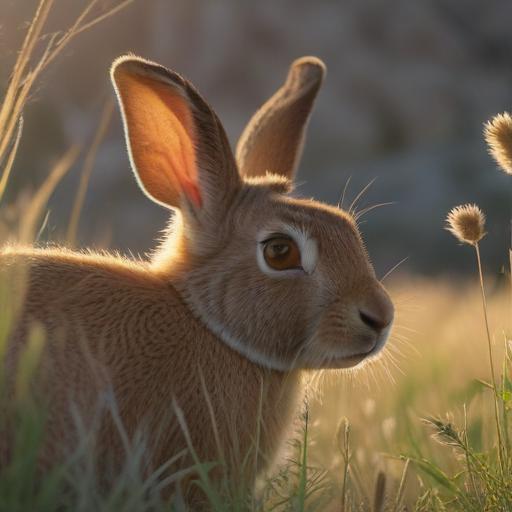Horned rabbits in northern Colorado are likely to recover, wildlife officials say
Rabbits spotted in Fort Collins and surrounding areas featuring horn-like growths on their faces are infected with Shope papillomavirus. Colorado Parks & Wildlife (CPW) notes the condition isn’t a danger to people or other animals, and for most rabbits the infection is harmless.
The horn-like protrusions, made of keratin—the same protein found in hair and nails—can be shed once the rabbit’s immune system clears the virus. In a small number of cases, the infection can lead to squamous cell cancer. Growths near the eyes or mouth can interfere with foraging and eating, which is why wildlife managers emphasize keeping a respectful distance from the animals.
Transmission and prevalence
The growths themselves are not infectious between rabbits or to humans. The Shope papillomavirus spreads through bites from mosquitoes, ticks, and fleas, so its presence tends to peak in summer and fade as the weather cools. It’s not clear how widespread the infection is this summer in northern Colorado; CPW had not previously documented horned-faced rabbits before a local August news story drew attention. Since then, the agency has received multiple calls, though it’s difficult to determine whether reports refer to many rabbits or the same animals observed at different times.
Origins and science
The virus’s discoverer, virologist Richard Shope, identified Shope papillomavirus in 1933 in the U.S. Midwest. Shope’s work on this virus, and its relation to human papillomavirus (HPV) research, laid groundwork that eventually contributed to the development of the HPV vaccine, a significant public health advancement in reducing risks associated with HPV-related cancers.
What to do if you see a horned rabbit
If you encounter a rabbit with growths, maintain a safe distance and avoid handling wild animals. While the growths are not usually harmful to rabbits and will often clear up on their own, rabbits can carry other pathogens that may pose risks to people or pets. Patience and observation from afar are advised.
Summary
In short, northern Colorado’s horned-faced rabbits are a notable wildlife curiosity, but officials stress that the condition is generally not dangerous to humans and most rabbits recover as the virus runs its course. The sight offers a fascinating glimpse into wildlife disease and, historically, into the early work that shaped modern virology and cancer prevention. Positive signs from CPW suggest continued monitoring and respectful coexistence with local wildlife.
